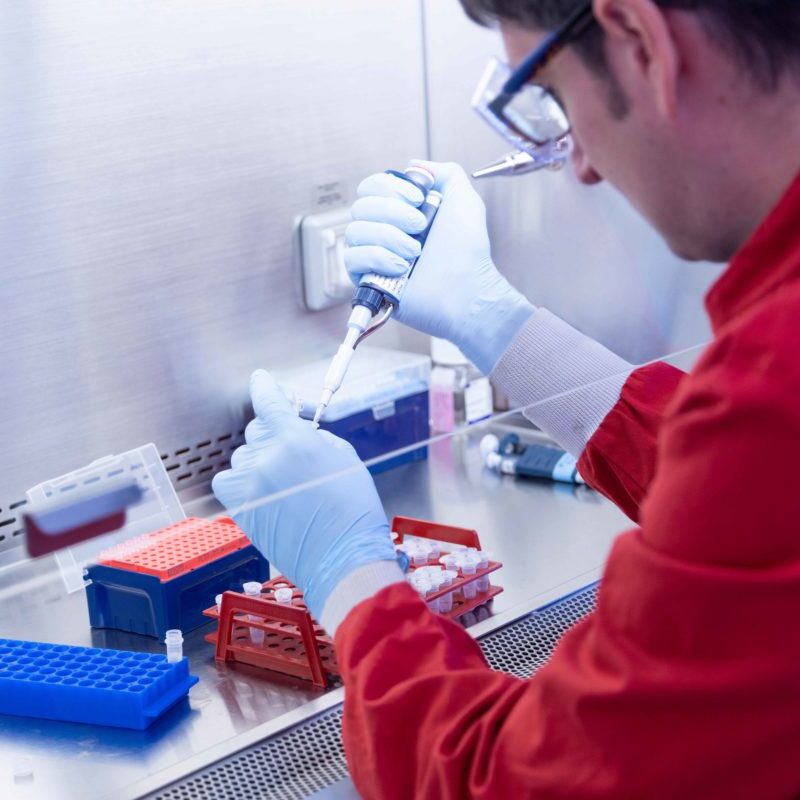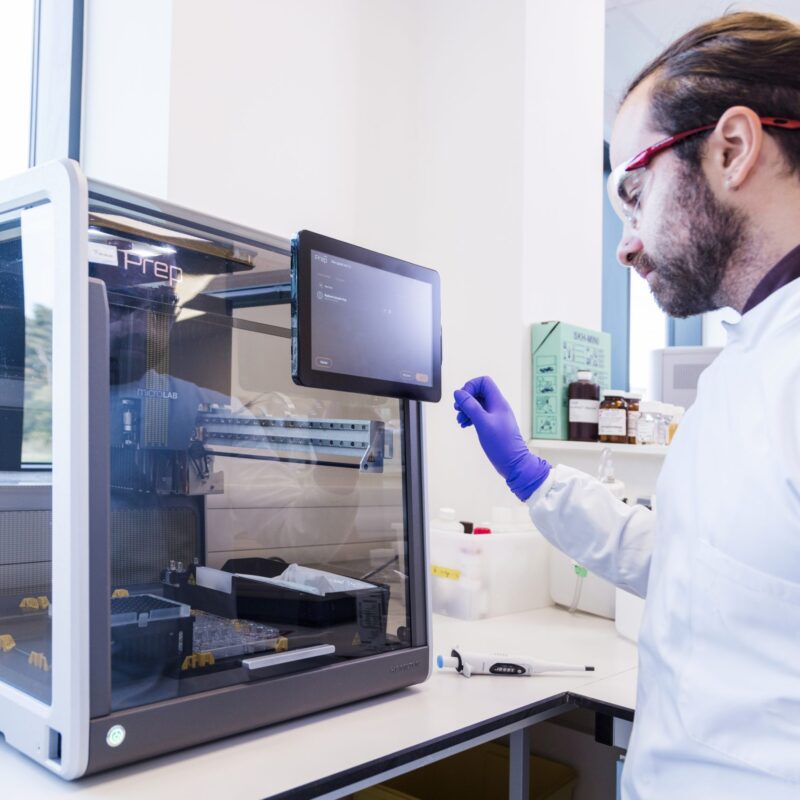Why Abzena?
Trust our focused approach.
Our approach focuses on developing phase-appropriate bioassays for assessment of potency, efficacy and safety, giving you insight to make informed decisions during your drug development journey.
We also develop and fully document the phase appropriate analytical methods necessary to produce high-quality, well-characterized material and the rapid data needed to support successful IND and marketing applications.
For each or both services, your program will benefit from our wealth of knowledge and expertise across a diverse range of modalities including bioconjugates & ADCs, multi-specifics, fusions, fragments, agonist, and antagonist activities and more.

To help understand your molecule in detail, we have an extensive panel of both target and effector cells together with a substantial in-house PBMC cell bank. Complementing this is a broad choice of bioassay platforms including:

Developed to increase your biopharmaceuticals chances of clinical success, LabZient™ is our unique, next-generation analytical solution. Expedite your program to IND with LabZient™. To learn more, or access our latest LabZient™ info sheet, click the button below.

GMP cell-based potency assays quantitively measure the biological activity of a biopharmaceutical drug. For Antibody-drug conjugates (ADCs), these assessments are used to measure the cytotoxicity of the payload for both GMP product release and during stability testing. These important assays enable us to provide our customers with reliable data on their drug’s potency, which is essential for regulatory submissions.
By offering GMP cell-based potency assays alongside our robust suite of bioassay capabilities that include developability, characterization, mechanism of action (MOA) studies, and immunogenicity, we are able to provide our customers with a more comprehensive, streamlined, and cost-effective way to access critical data even faster.
Our comprehensive suite of bioassay solutions includes both established assays and custom assay development matched to your individual program needs. Our bioassay services include:
Access is latest info sheet on our newly enhanced Episcreen® 2.0 platform to learn more.

From bench to bedside, we are dedicated to ensuring quality excellence in everything we do.
We adapt our approach to shorten lead times and develop risk mitigations strategies to ensure your overall success in delivering vital medicines to patients.